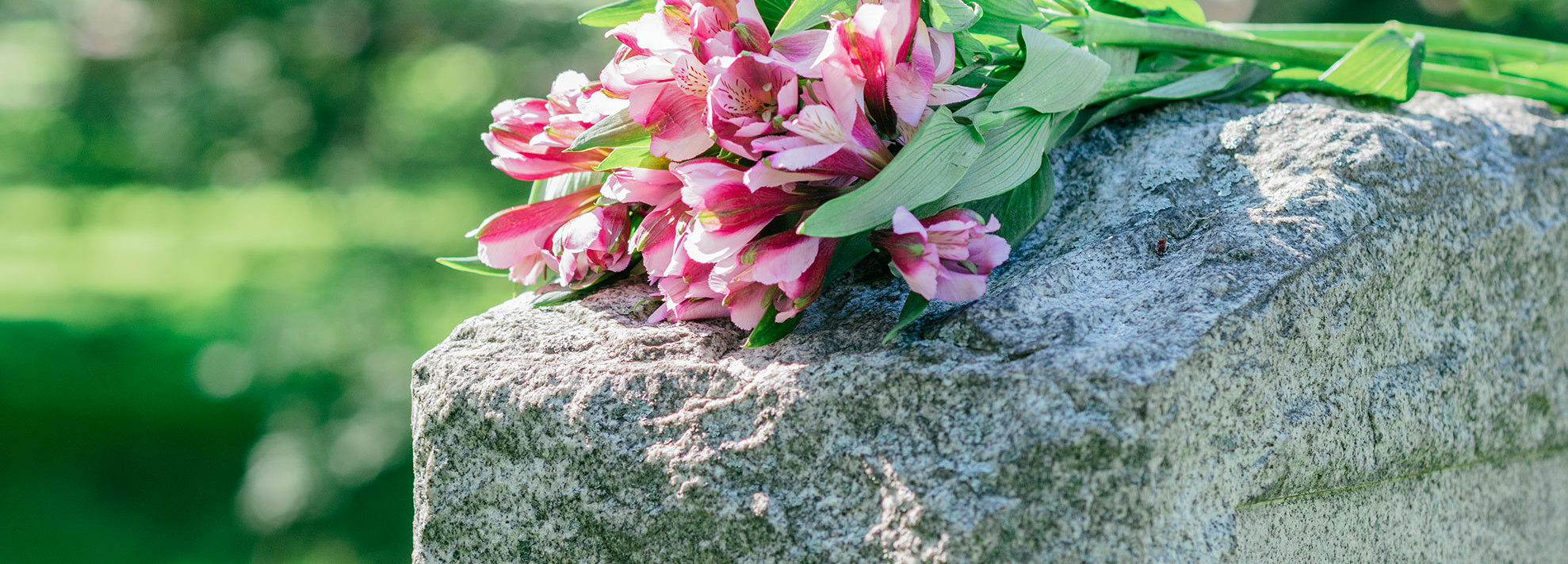- Legal
- Funeral
- Pricing per monthIndividualFamily
- Compare all Individual Plans
- Compare all Family Plans
- Health
- Pricing per monthIndividualFamily
- Compare all family Plans
- Compare all individual Plans
- My AI Lawyer
Funeral Customs across the Country
Funeral Customs across the Country
Guidelines of what to expect if you are going to attend a funeral of someone of a different faith or culture to you
South Africa has a fascinating mix of cultures and religions. As we enjoy a democratic society where we are free to mix and mingle amongst each other, we might also experience lifestyles and practices very different to our own.

Darren Cohen - Head: Alternative Distribution / Marketing
30 July 2019 | 4 minute read
Here are some guidelines of what to expect if you are going to attend a funeral of someone of a different faith or culture to you. However, it is also important to remember that even within a particular religion or culture, there are many different ways in which people carry out their traditions.
Christian Funerals
The choice between cremation and burial varies widely as there are so many different kinds of Christian faiths. A funeral can be held days or even weeks after the death.
If a burial is chosen, some families have the body of the deceased displayed in an open coffin for people to view as a way of saying goodbye. You are not obligated to go and see this, but certainly may.
A priest or pastor will usually preside over the funeral which may be held in a church, funeral home or other venue. Prayers and hymns (religious songs) are usually sung before the burial or cremation. Follow other people to see when you should stand and sit and do not talk during this part of the ceremony.
It is customary to wear black or dark colours. It is acceptable to bring flowers to the family to offer comfort.
Muslim Funerals
When a Muslim person dies, it is expected that the funeral takes place as quickly as possible, preferably within 24 hours. The body will be wrapped, and later buried, in a plain white cloth. The body is never openly displayed for mourners. Cremations are not allowed.
The funeral prayers are usually recited in a room attached to a mosque. There is a specific order in how people will stand according to their relationship to the dead, so observe or ask others to make sure you are in the right area.
An Iman will lead the funeral service and there will be a selection of prayers and reading from the Quran.
Women attending the funeral must ensure they are dressed modestly with their head covered.
All people entering a mosque must take off their shoes.
Traditionally only men attend the actual burial of the body.
Usually the body is placed in the grave and then covered with a layer of stones or wood. As a sign of honour, mourners might then place handfuls of soil over this.
Hindu Funerals
The funeral should take place as soon as possible – by the next dusk or dawn, depending on time of death.
The body is placed in a shroud and then in a kind of open casket shaped like a basket. A garland of flowers is placed around the deceased’s neck and holy basil is placed in the casket. Loved ones may place certain traditional offerings called ‘pinda’ (rice balls) near the casket.
Most Hindu people, except babies, children and saints, are cremated.
While there will usually be a gathering after the funeral rites, people go home in between to wash and change clothing before attending.
Traditionally people wear white. Flowers are welcome.
African Traditional Funerals
The number of different ethnicities such as Zulu, Xhosa, Pedi and Venda cultures are vast and their practices distinct and complex. While it is too simplistic to offer a set list of customs, there are some rituals that might not be familiar to those outside of the culture.
One aspect might be a tradition of having animal sacrifices. The meat from this ritual is then served to mourners.
Often, if the person who died was not living in the birth place, their body is then returned to their homeland.
Sometimes the immediate family of the deceased sit through the night in a room of the family home with the coffin before the funeral.
There is often a lot of singing done to celebrate the life of the deceased.
Jewish Funerals
A Jewish funeral must take place within 24 hours of the person dying, although at times there are exceptions to this rule.
Traditionally, only burial is allowed. The coffin at a Jewish funeral is a standard simple pine one and the body is not displayed.
Men attending the funeral should cover their heads, typically with a cloth covering called a kippah. There are usually spares offered at the funeral site.
Various prayers are read at the gravesite by a rabbi or other religious figure. The coffin is then lowered in the ground and as a mark of honour, different people come forward to place soil on top of the coffin.
People are expected to dress formally but not necessarily in black. Flowers are not given, but many make donations to charity.
With Legal&Tax you’re not alone
Remember, Legal&Tax is your companion in ensuring dignity in death. Contact our experts for more information on our Funeral Plan. We help you to take care of costs and ensure peace of mind for your loved ones.


